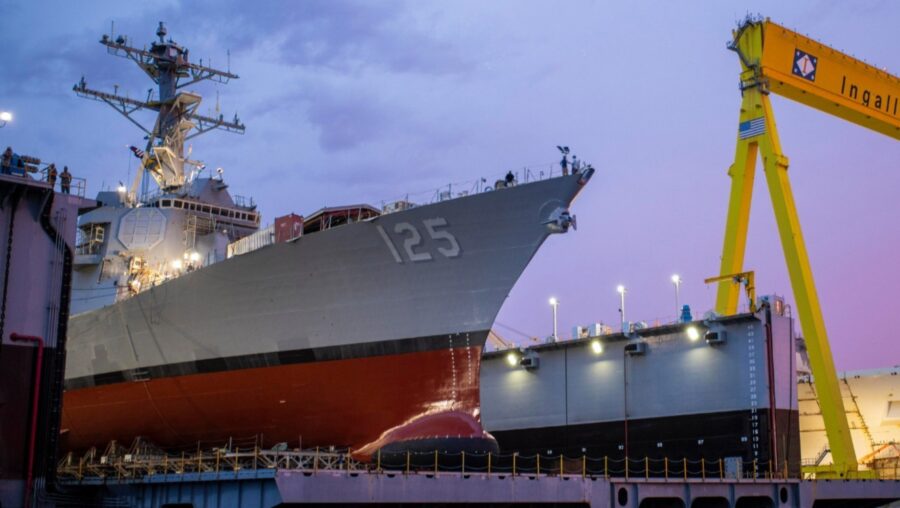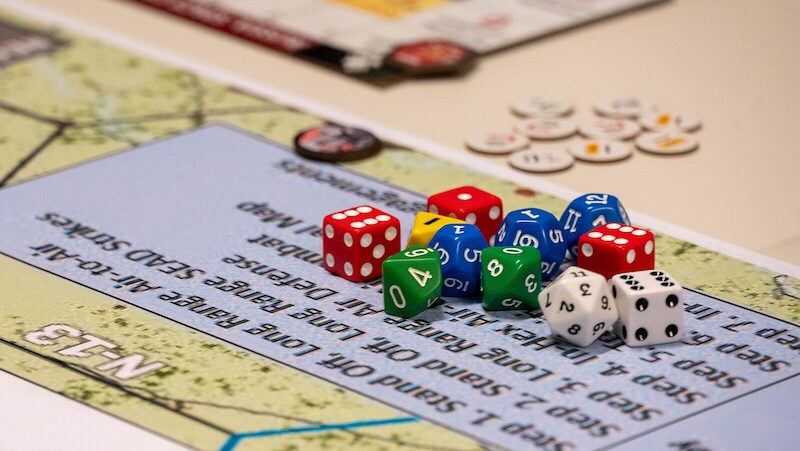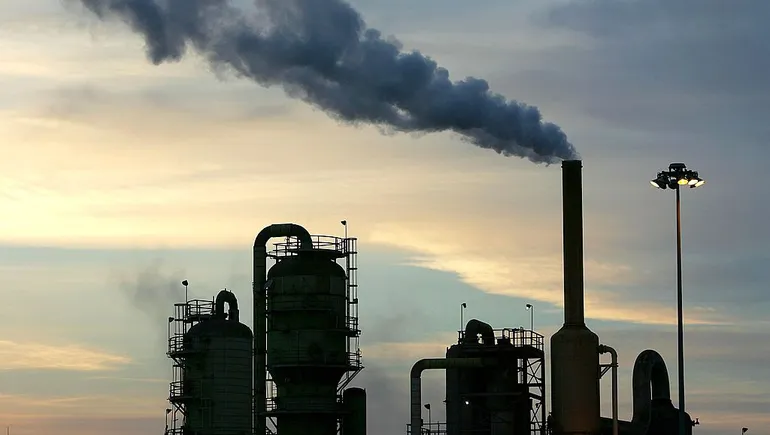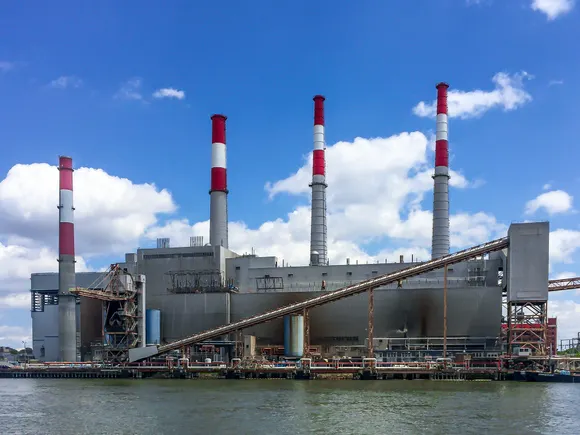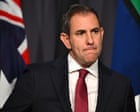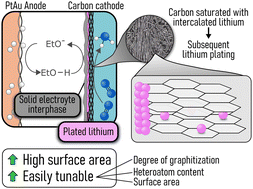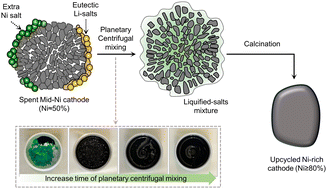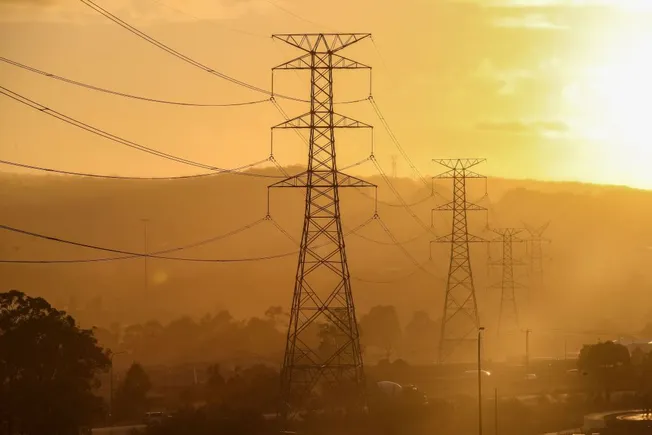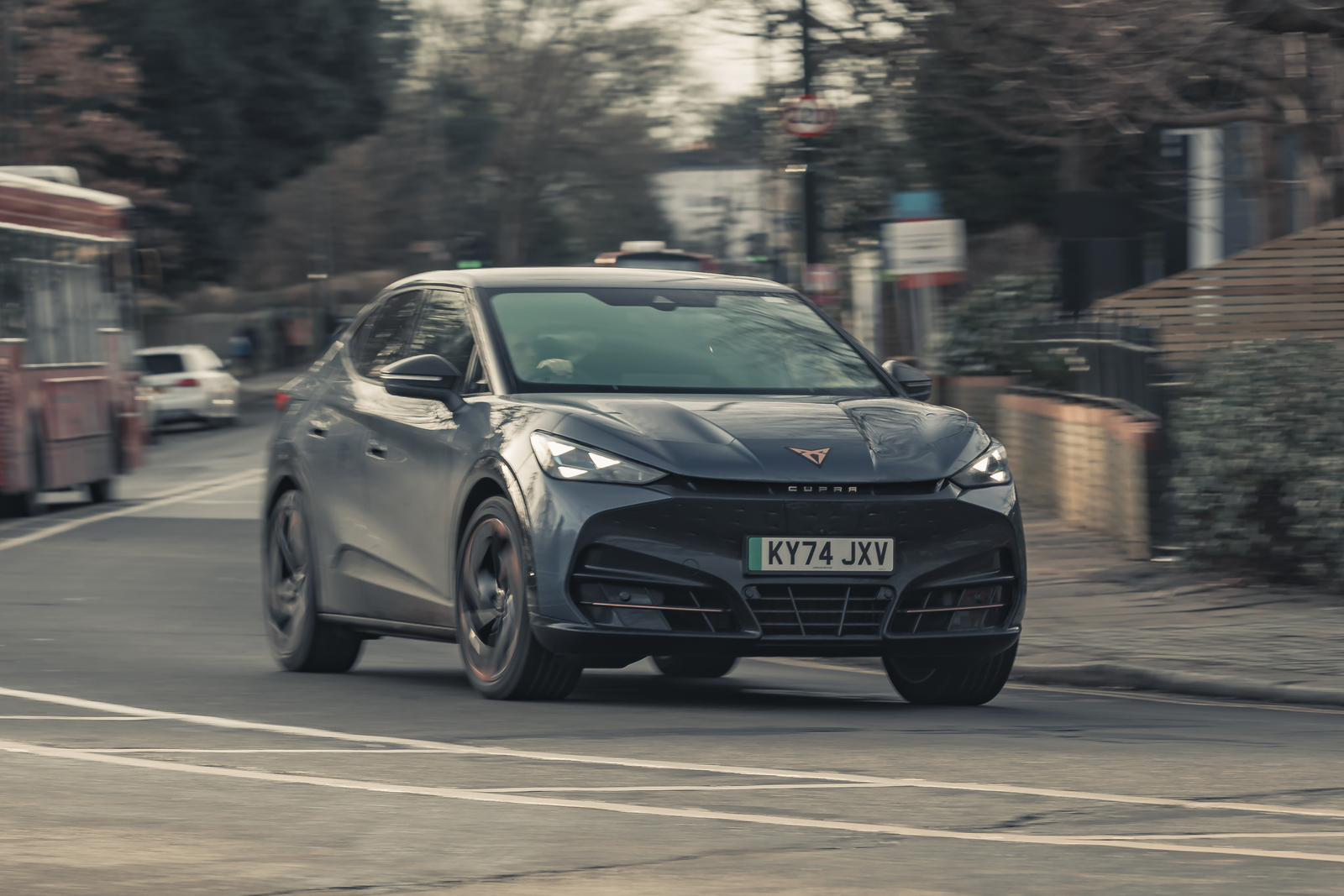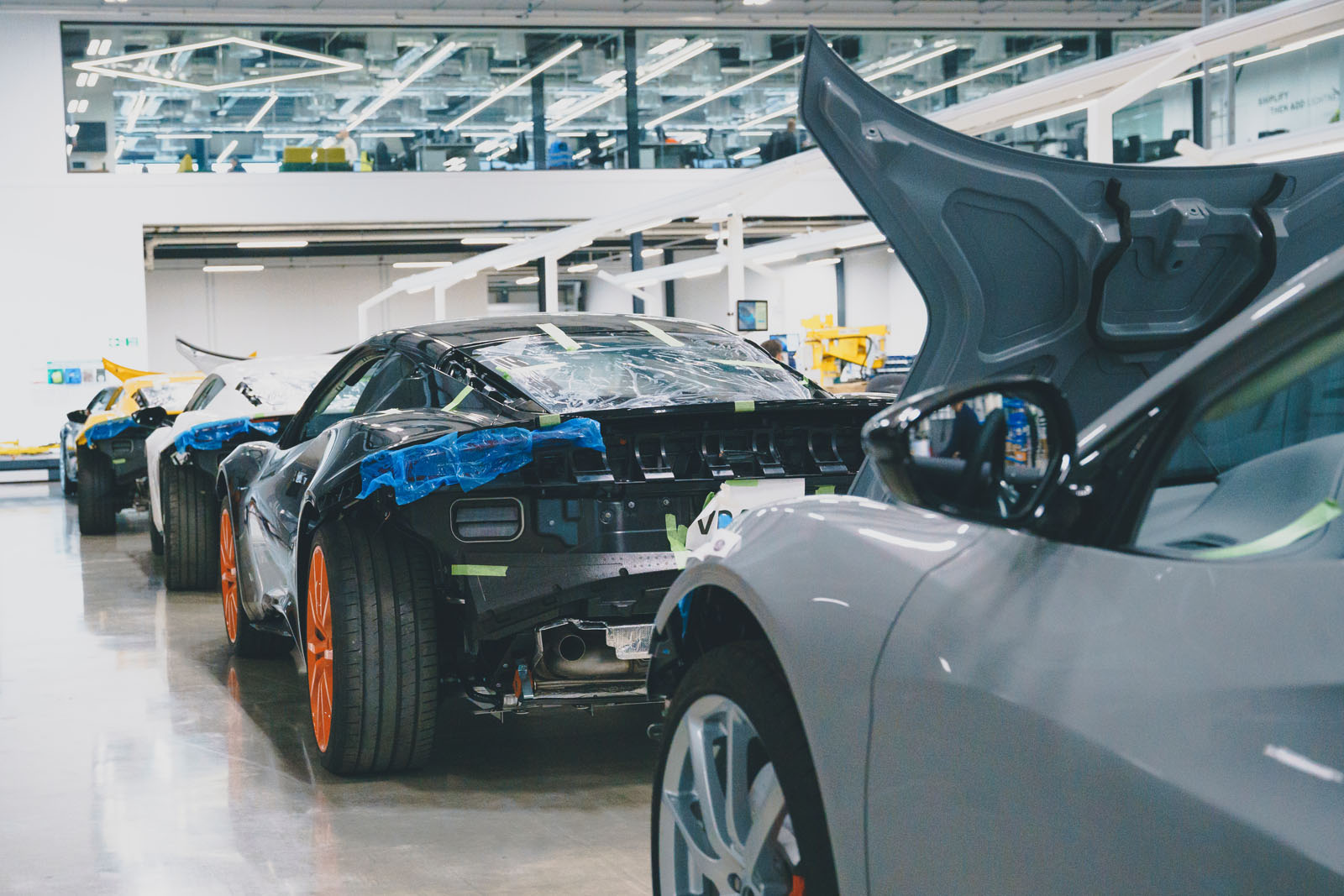"Luca de Meo's departure is unequivocally a blow to Renault"
Italian leaves automotive sector after five years at French group to head up Gucci owner Kering The shock announcement of Renault Group CEO Luca de Meo's departure will have a profound effect internally and externally after he transformed a company driven to the brink of collapse by the Covid pandemic. “Luca de Meo's departure is unequivocally a blow to Renault,” said Stephen Reitman, automotive analyst at the bank Bernstein, of de Meo’s decision to leave the industry altogether for the luxury goods world, specifically as head of Gucci owner Kering. “We are saddened by the loss,” he added. If Reitman’s response makes it sound more like a death than a resignation, that’s because of the enormous impact de Meo has had on Renault since joining July 2020. The French company was seemingly unsavable. The loss of sales from Covid shutdowns meant it was losing €15 million a day. The Alliance with Nissan that brought much needed scale was on the rocks, the line-up was unremarkable and morale was low. Immediately the Italian brought to bear his experience at the Volkswagen Group and Fiat and transformed the place. “When I came into the design room in 2020, there were 20 concepts. I think three quarters were small cars for very exotic markets,” he said back in 2023. “I changed the whole product plan in six weeks.” Out went the bulk of the small cars and in their place came bigger SUVs in more profitable compact and mid-size segments, including the Symbioz, Scenic, Austral, Espace and Rafale. Dacia gained the Bigster above the Duster. He elegantly restructured the long-held Alliance, repairing relations and switching to a less formal partnership between the two companies. He found shared values at Geely and hungrily sought out information and tie-ups in China in the battle to lower costs and speed up development. Always smartly turned out with his trademark handkerchief points emerging from his suit top pocket, de Meo was a consummate marketeer. ‘Never be dull' might have been his motto. Although costs remained an obsession, he didn’t shy away from spending on projects that made a splash. As recently as May, he was indignant that he should sell the underperforming Alpine Formula 1 team just as the whole long-term Alpine premium brand project was getting going. De Meo attacked the problem of making money on pricey EVs in the same way he extracted Volkswagen Group brand Seat from the financial doldrums by creating the sexier, sportier Cupra sub-brand. He made cars that people would want to pay more for. The replacement for the worthy but ordinary Renault Zoe electric car therefore become the sensational Renault 5 reboot, with the bonus Renault 4 small SUV atop the same platform also leveraging an icon of the past. That has created the moat needed to protect Renault (for a bit) against the coming onslaught from the east. “We feel Renault has one of the most coherent responses among legacy auto makers to the challenges posed by Chinese auto makers through its R5 and forthcoming R4 BEVs,” Reitman said. Analysts have every reason to be pleased with de Meo. Under his leadership, the loss-making company first scraped a profit in 2021, before doubling it to €2.6 billion in 2022 on an operating margin of 5.6%, rising to €4.3bn and a margin of 6.3% in 2023 and €4.3bn at a 7.6% margin in 2024. That last figure was perhaps the most remarkable, given the decline of everyone else’s profits. It showed that de Meo wasn’t just a lucky winner from the post-Covid price bonanza. He was also generally well liked. The top comment under the Financial Times story of his departure ran: “Renault employee here. This is bad news for Renault. De Meo was a great CEO!” Why de Meo left is unknown. He was certainly frustrated that Renault’s shares hadn’t performed better despite his turnaround, with the company’s value based on its share price still lower than that of unprofitable newcomers like Xpeng and Rivian. Kering might have offered more him more money. Another possibility is that turning around ailing companies is better for the ego than running healthy ones, which can turn unhealthy quickly in this climate. Just ask Carlos Tavares, a saviour turned villain at Stellantis. Kering’s shares have plummeted more than 60% in the past five years, in sharp contrast to the health of rival group LVMH. What comes now is the big question. Renault Group’s price lost 8% on Monday on the news of de Meo’s exit (Kering’s climbed 11%). All eyes will be Renault Group chairman Jean-Dominique Senard to make a similarly inspired move as he did hiring de Meo. Renault hinted at an internal candidate in its press release, saying the board “had initiated the process of appointing a new CEO based on the already defined succession plan”. That suggests a possibility of three candidates: head of Dacia Denis Le Vot, Renault brand boss Fabrice Cambolive and the outside possibility of Philippe Krief, the ex-Ferrari leader of Alpine and the Renault Group's CTO. Le Vot’s e
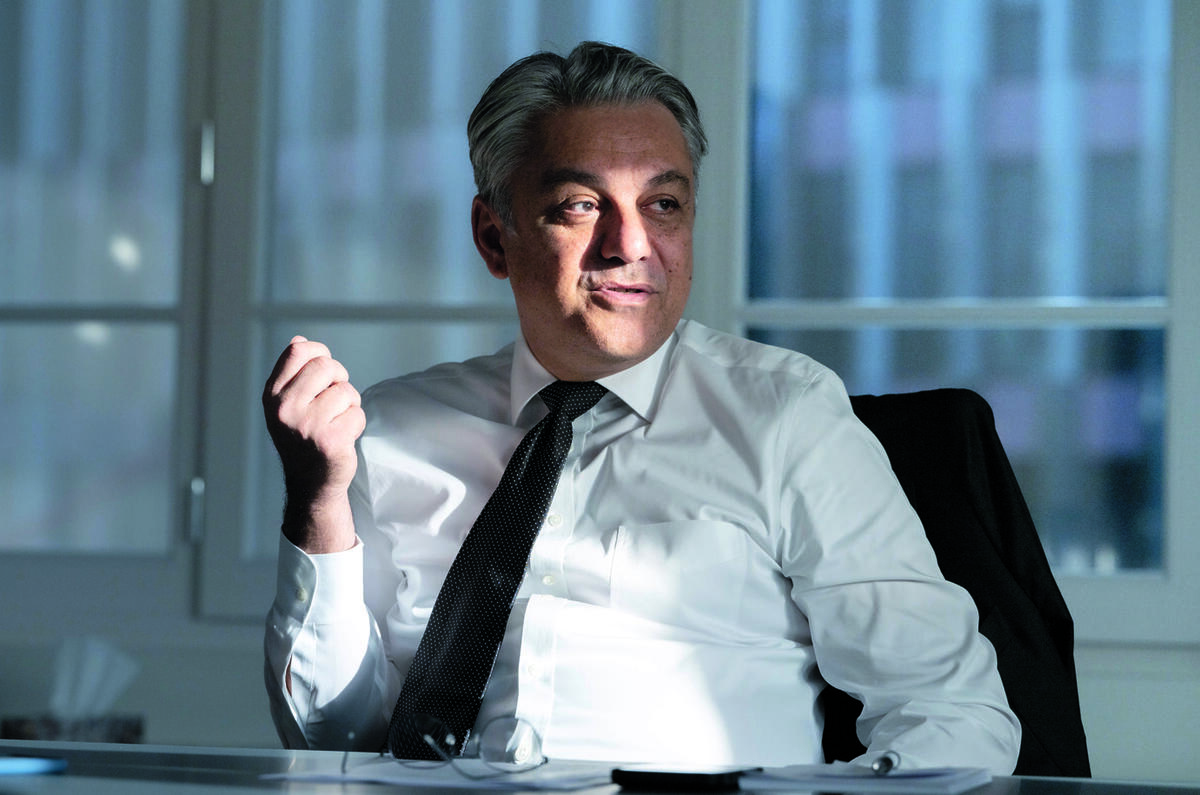
 Italian leaves automotive sector after five years at French group to head up Gucci owner Kering
Italian leaves automotive sector after five years at French group to head up Gucci owner Kering
The shock announcement of Renault Group CEO Luca de Meo's departure will have a profound effect internally and externally after he transformed a company driven to the brink of collapse by the Covid pandemic.
“Luca de Meo's departure is unequivocally a blow to Renault,” said Stephen Reitman, automotive analyst at the bank Bernstein, of de Meo’s decision to leave the industry altogether for the luxury goods world, specifically as head of Gucci owner Kering. “We are saddened by the loss,” he added.
If Reitman’s response makes it sound more like a death than a resignation, that’s because of the enormous impact de Meo has had on Renault since joining July 2020.
The French company was seemingly unsavable. The loss of sales from Covid shutdowns meant it was losing €15 million a day. The Alliance with Nissan that brought much needed scale was on the rocks, the line-up was unremarkable and morale was low. Immediately the Italian brought to bear his experience at the Volkswagen Group and Fiat and transformed the place.
“When I came into the design room in 2020, there were 20 concepts. I think three quarters were small cars for very exotic markets,” he said back in 2023. “I changed the whole product plan in six weeks.”
Out went the bulk of the small cars and in their place came bigger SUVs in more profitable compact and mid-size segments, including the Symbioz, Scenic, Austral, Espace and Rafale. Dacia gained the Bigster above the Duster.
He elegantly restructured the long-held Alliance, repairing relations and switching to a less formal partnership between the two companies. He found shared values at Geely and hungrily sought out information and tie-ups in China in the battle to lower costs and speed up development.
Always smartly turned out with his trademark handkerchief points emerging from his suit top pocket, de Meo was a consummate marketeer. ‘Never be dull' might have been his motto. Although costs remained an obsession, he didn’t shy away from spending on projects that made a splash. As recently as May, he was indignant that he should sell the underperforming Alpine Formula 1 team just as the whole long-term Alpine premium brand project was getting going.
De Meo attacked the problem of making money on pricey EVs in the same way he extracted Volkswagen Group brand Seat from the financial doldrums by creating the sexier, sportier Cupra sub-brand. He made cars that people would want to pay more for.
The replacement for the worthy but ordinary Renault Zoe electric car therefore become the sensational Renault 5 reboot, with the bonus Renault 4 small SUV atop the same platform also leveraging an icon of the past.
That has created the moat needed to protect Renault (for a bit) against the coming onslaught from the east.
“We feel Renault has one of the most coherent responses among legacy auto makers to the challenges posed by Chinese auto makers through its R5 and forthcoming R4 BEVs,” Reitman said.
Analysts have every reason to be pleased with de Meo. Under his leadership, the loss-making company first scraped a profit in 2021, before doubling it to €2.6 billion in 2022 on an operating margin of 5.6%, rising to €4.3bn and a margin of 6.3% in 2023 and €4.3bn at a 7.6% margin in 2024. That last figure was perhaps the most remarkable, given the decline of everyone else’s profits. It showed that de Meo wasn’t just a lucky winner from the post-Covid price bonanza.
He was also generally well liked. The top comment under the Financial Times story of his departure ran: “Renault employee here. This is bad news for Renault. De Meo was a great CEO!”
Why de Meo left is unknown. He was certainly frustrated that Renault’s shares hadn’t performed better despite his turnaround, with the company’s value based on its share price still lower than that of unprofitable newcomers like Xpeng and Rivian.
Kering might have offered more him more money. Another possibility is that turning around ailing companies is better for the ego than running healthy ones, which can turn unhealthy quickly in this climate. Just ask Carlos Tavares, a saviour turned villain at Stellantis. Kering’s shares have plummeted more than 60% in the past five years, in sharp contrast to the health of rival group LVMH.
What comes now is the big question. Renault Group’s price lost 8% on Monday on the news of de Meo’s exit (Kering’s climbed 11%). All eyes will be Renault Group chairman Jean-Dominique Senard to make a similarly inspired move as he did hiring de Meo.
Renault hinted at an internal candidate in its press release, saying the board “had initiated the process of appointing a new CEO based on the already defined succession plan”. That suggests a possibility of three candidates: head of Dacia Denis Le Vot, Renault brand boss Fabrice Cambolive and the outside possibility of Philippe Krief, the ex-Ferrari leader of Alpine and the Renault Group's CTO.
Le Vot’s experience of marketing and running less glamorous but financially important markets globally could tip the board in his favour. Cambolive holds a similarly starry CV but is younger.
Bernstein’s Reitman advocates ringing up Renault Group’s former CFO, Thierry Piéton, who left in March to become CFO of a US medical company.
No one is attributing any hidden malaise within Renault to explain the departures of two top executives in three months. But de Meo had become a figurehead at the company, and it will keenly feel his absence.
Leaving it on a high guarantees de Meo a place in the pantheon of Renault leaders. His own stock is firmly investment grade. Renault’s stock is now the problem of his replacement.







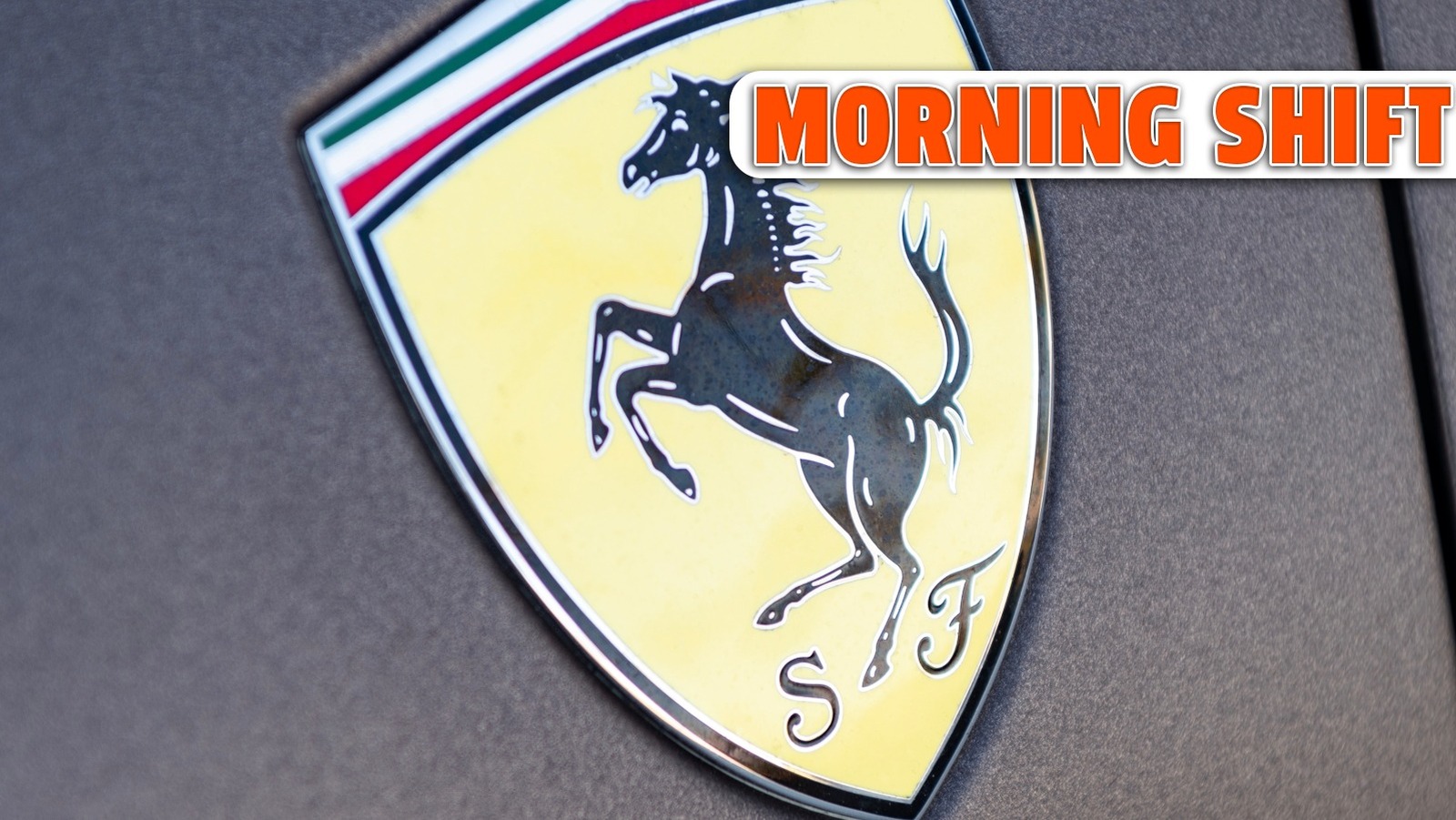
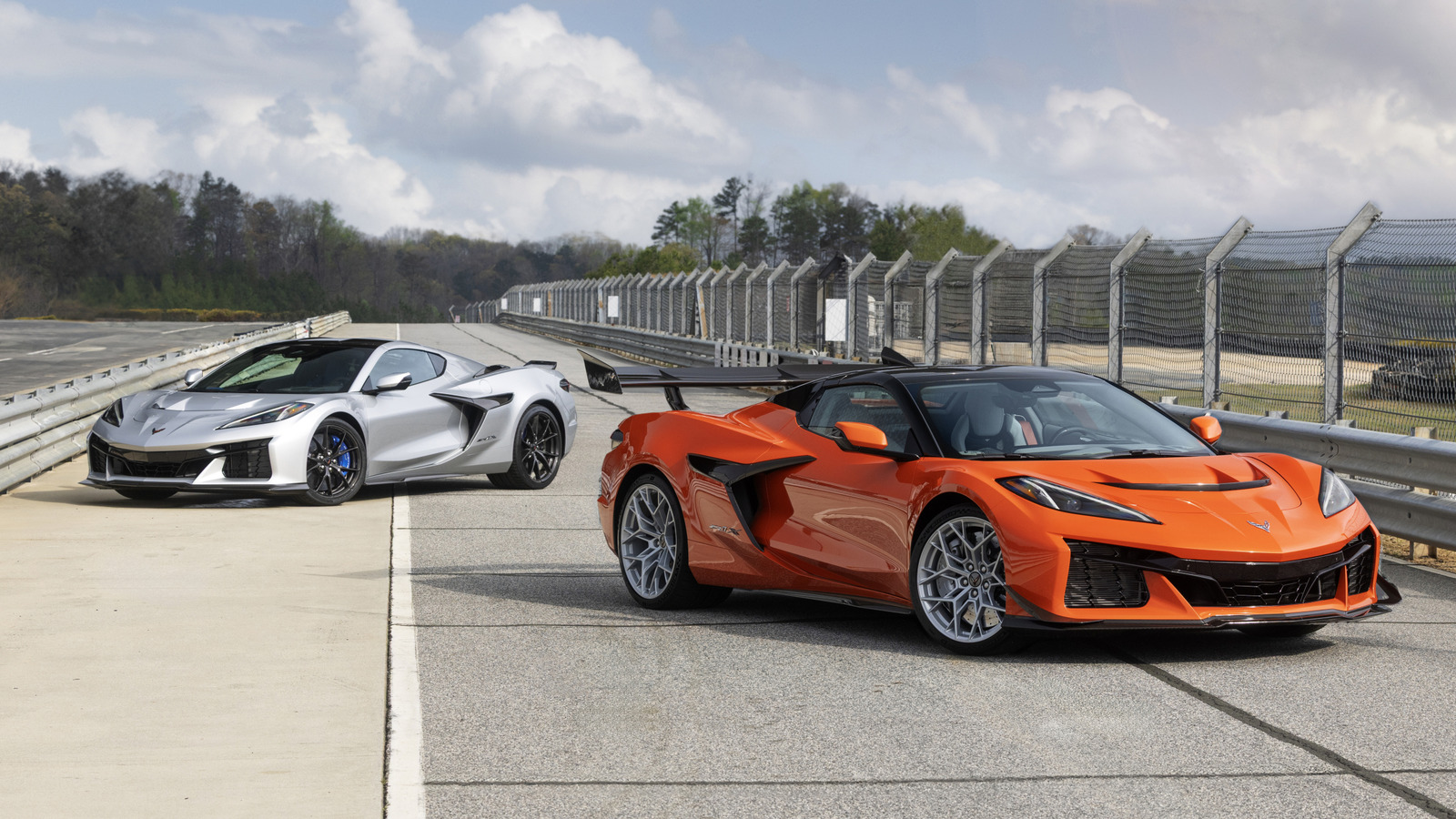
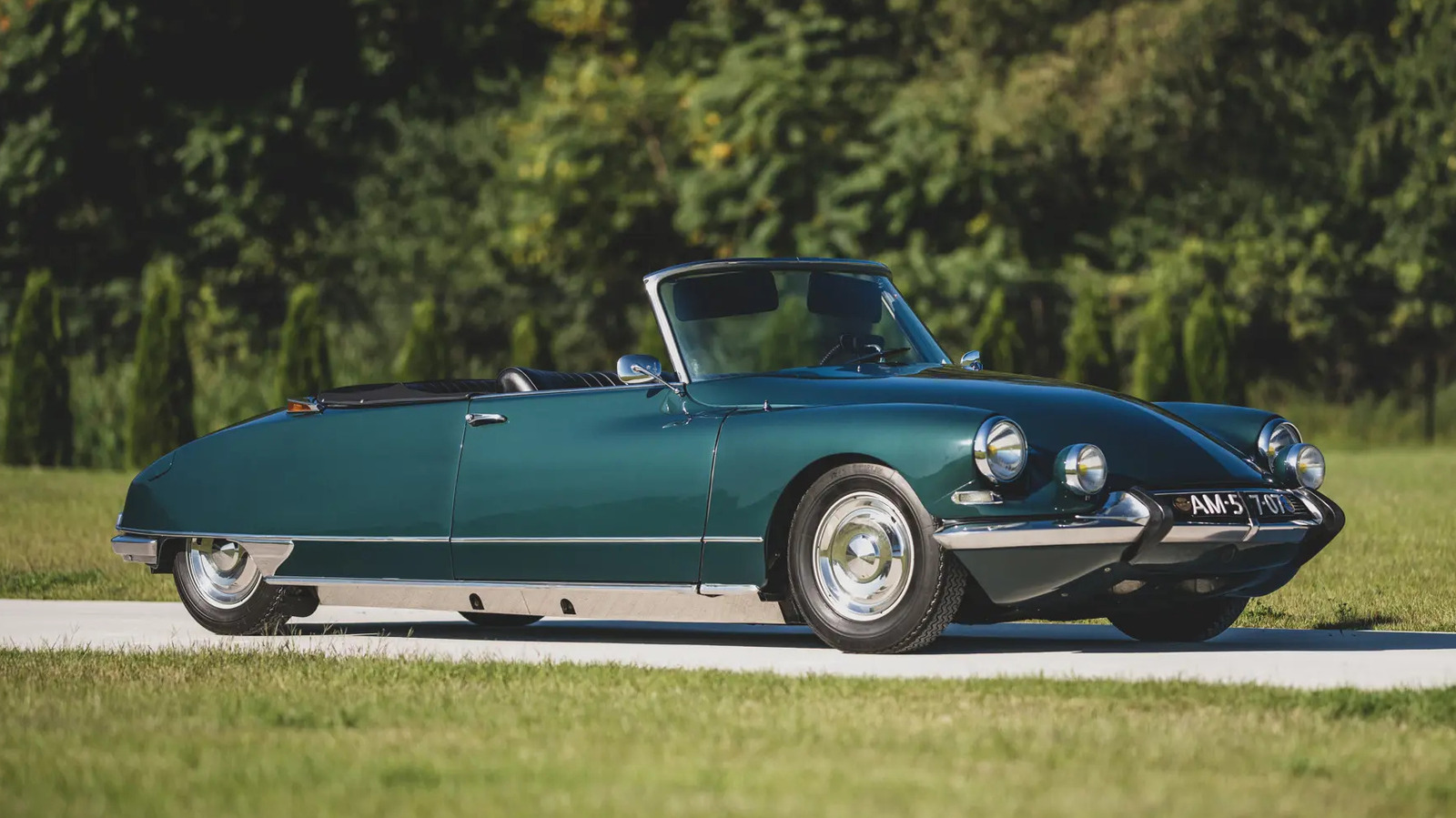

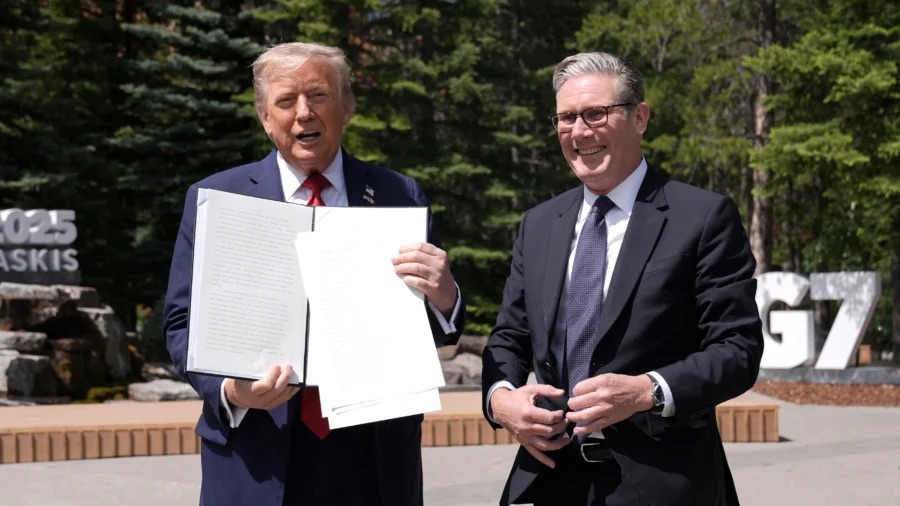











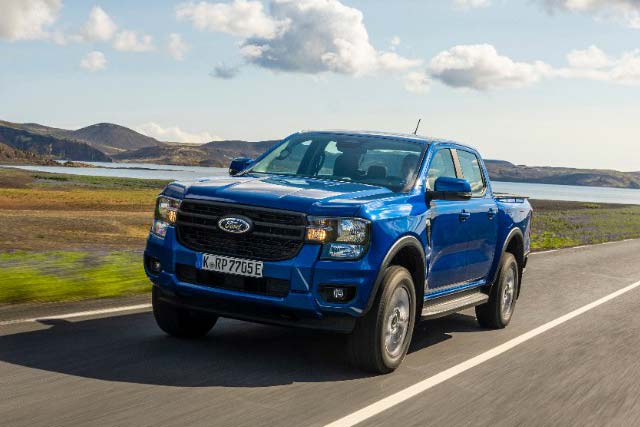

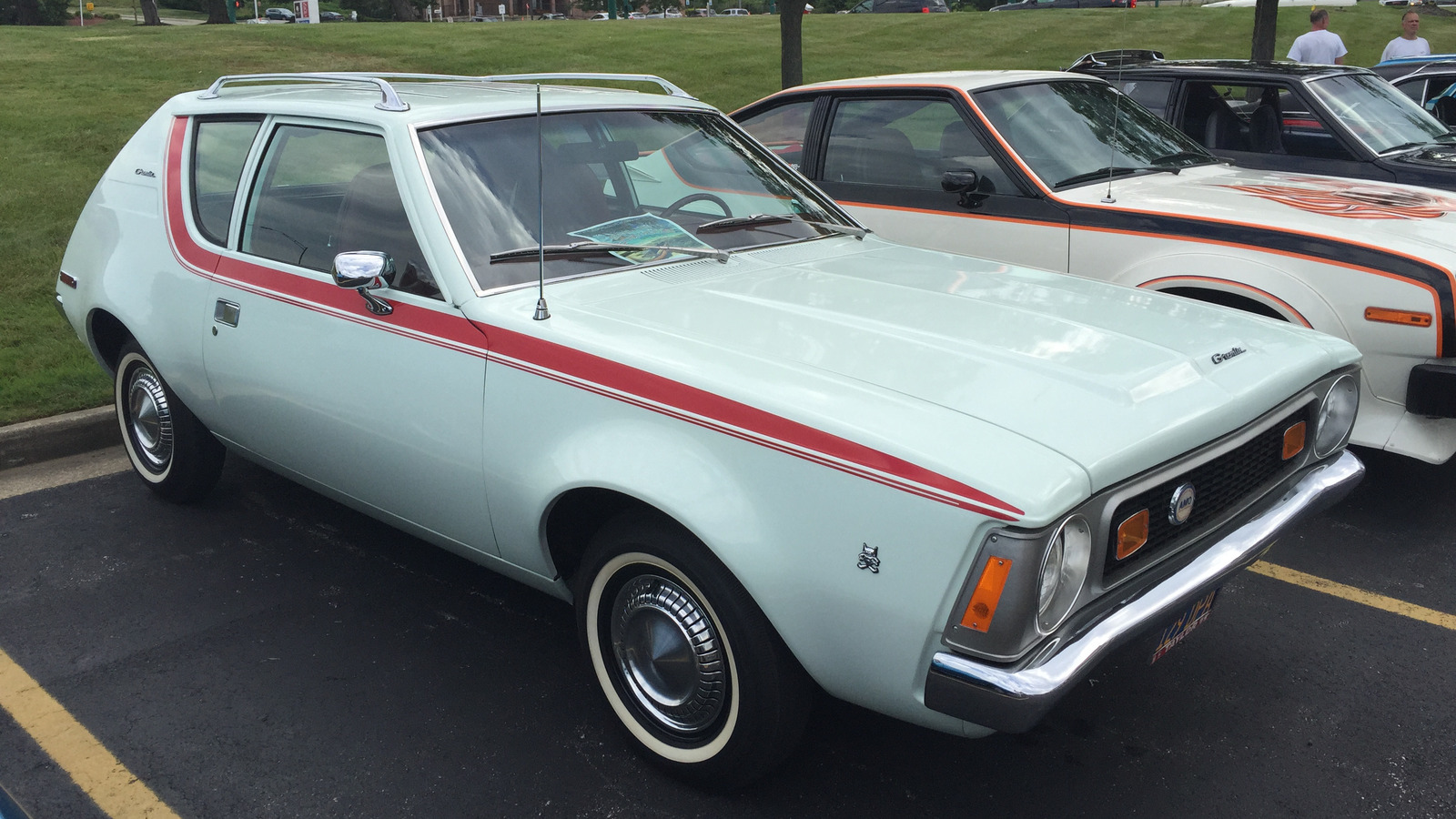















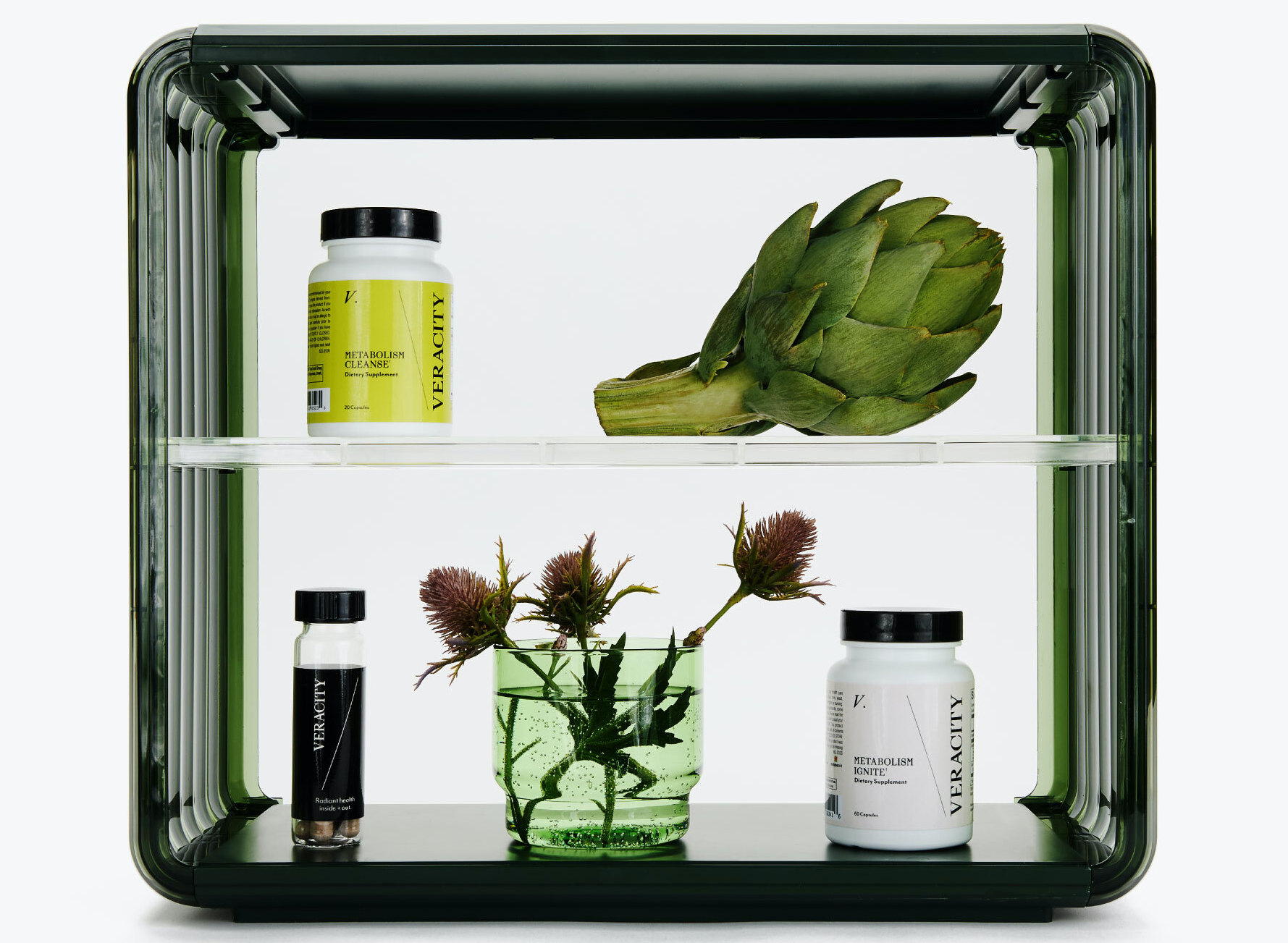
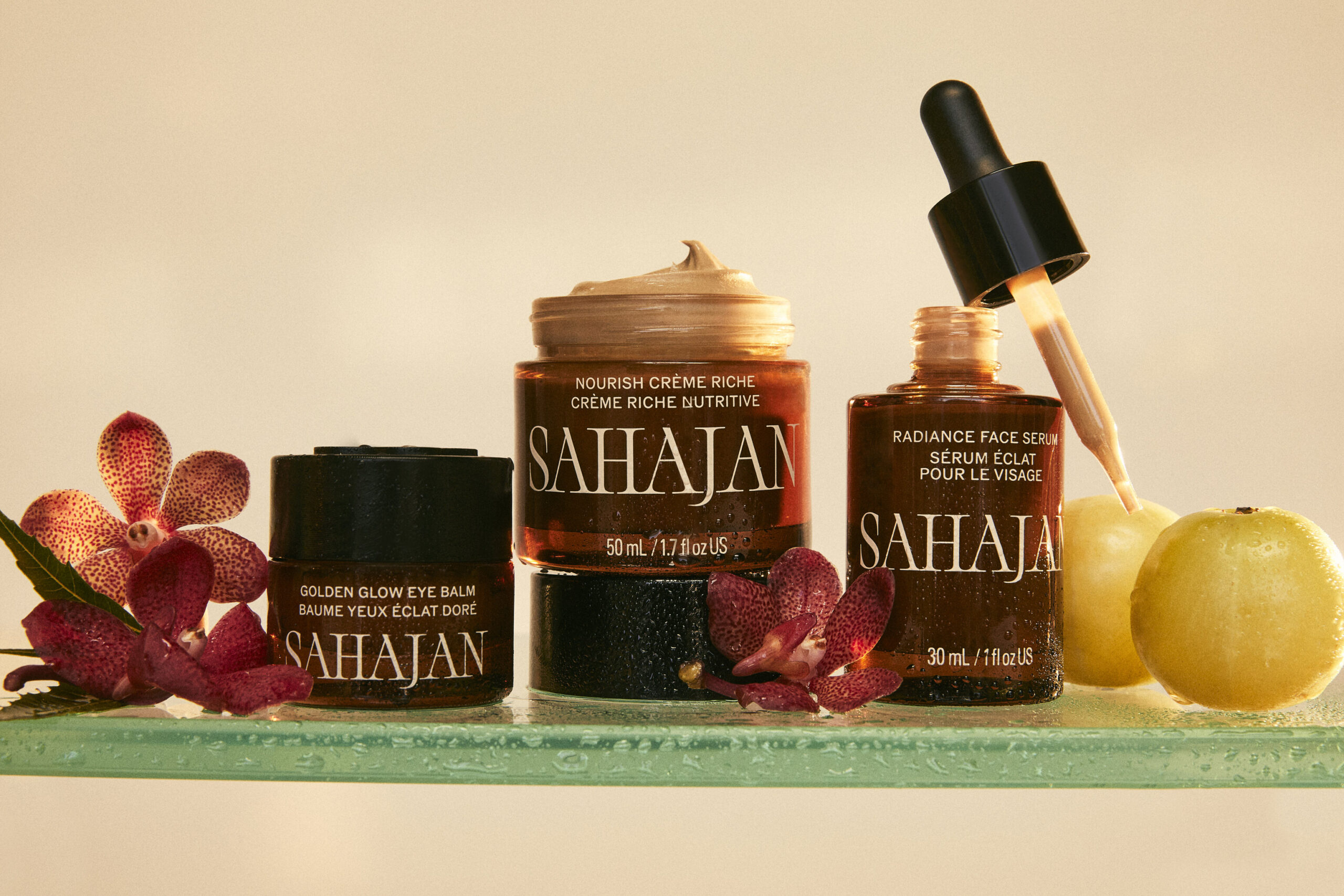
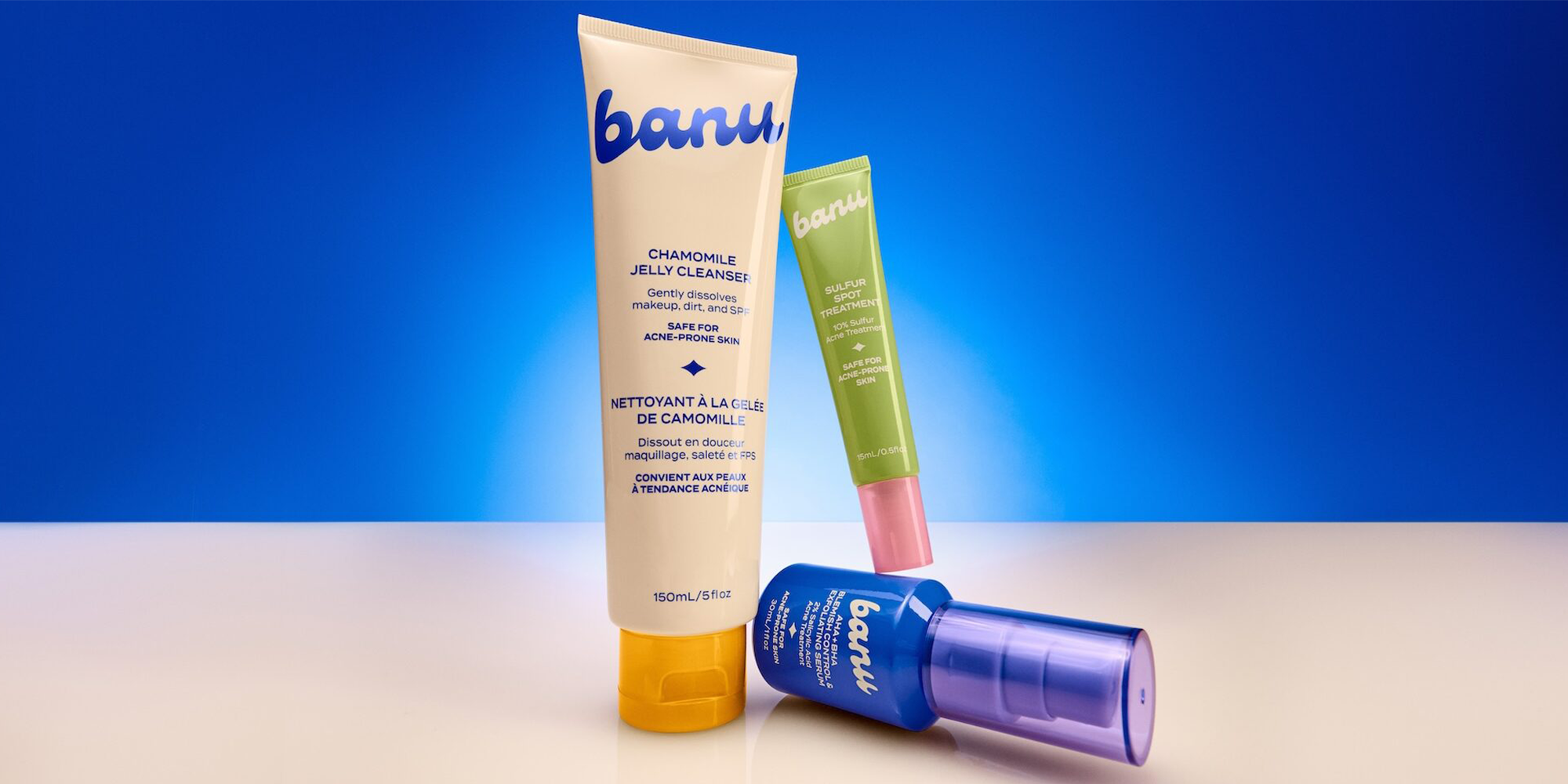











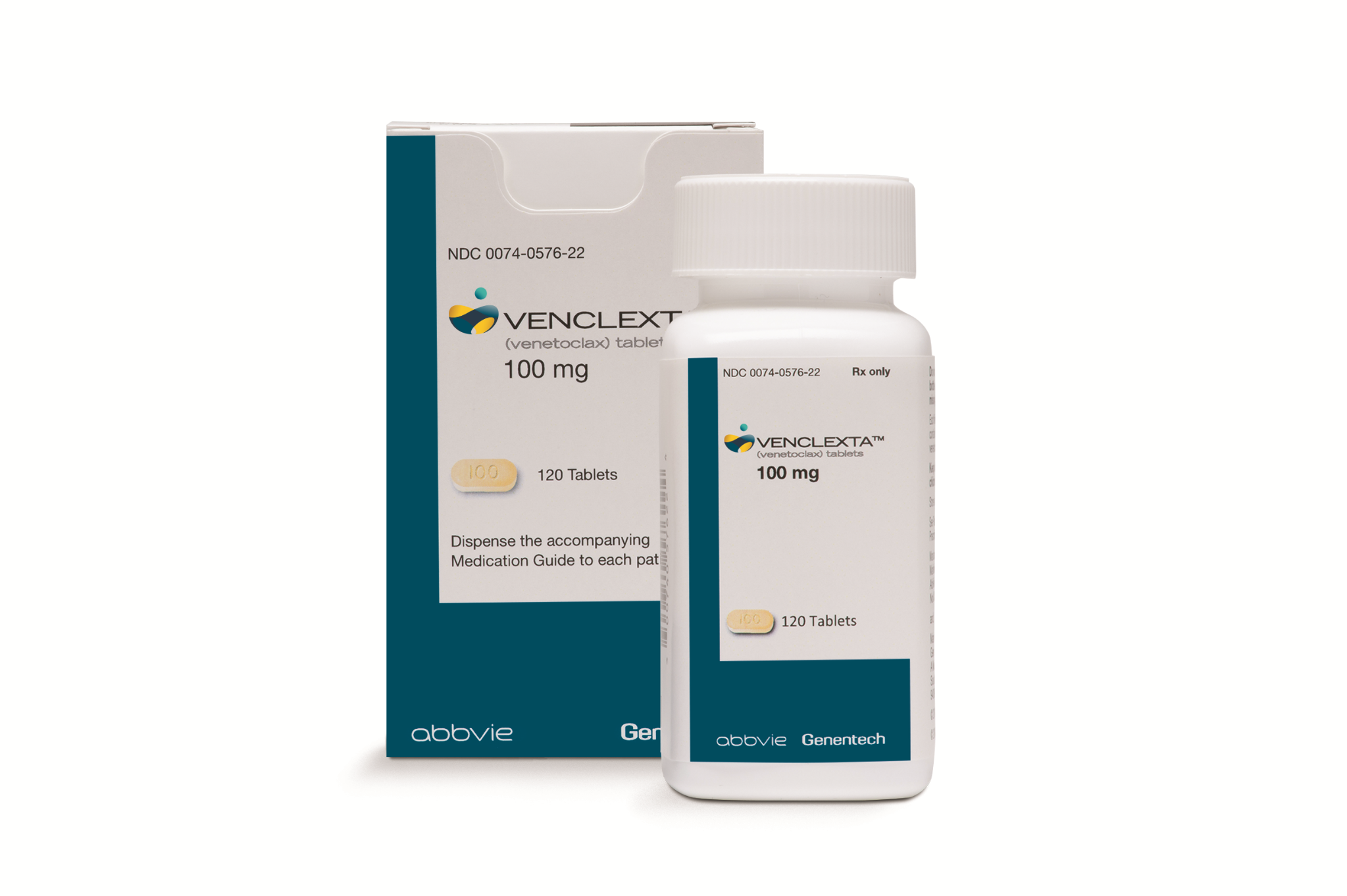
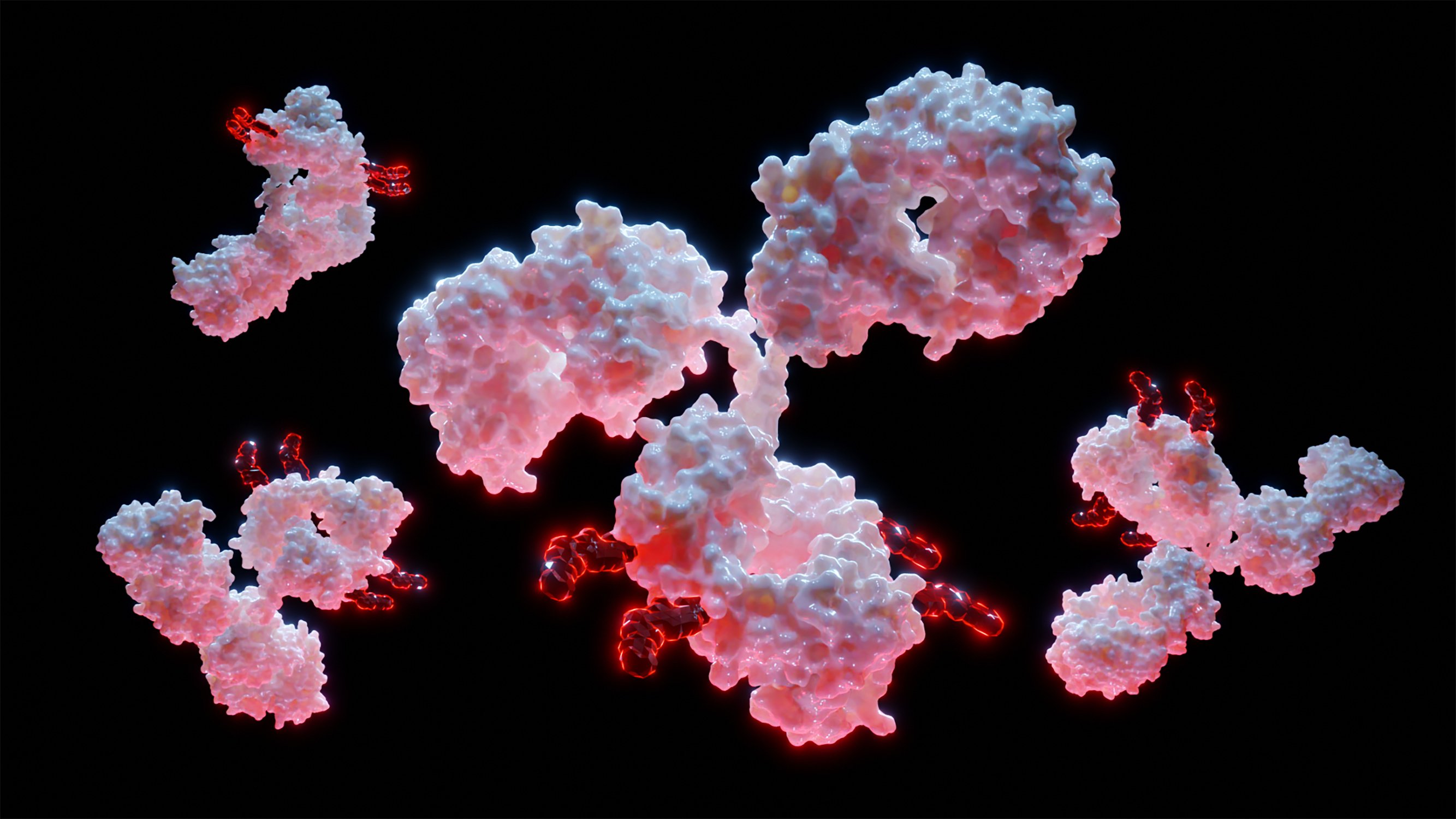
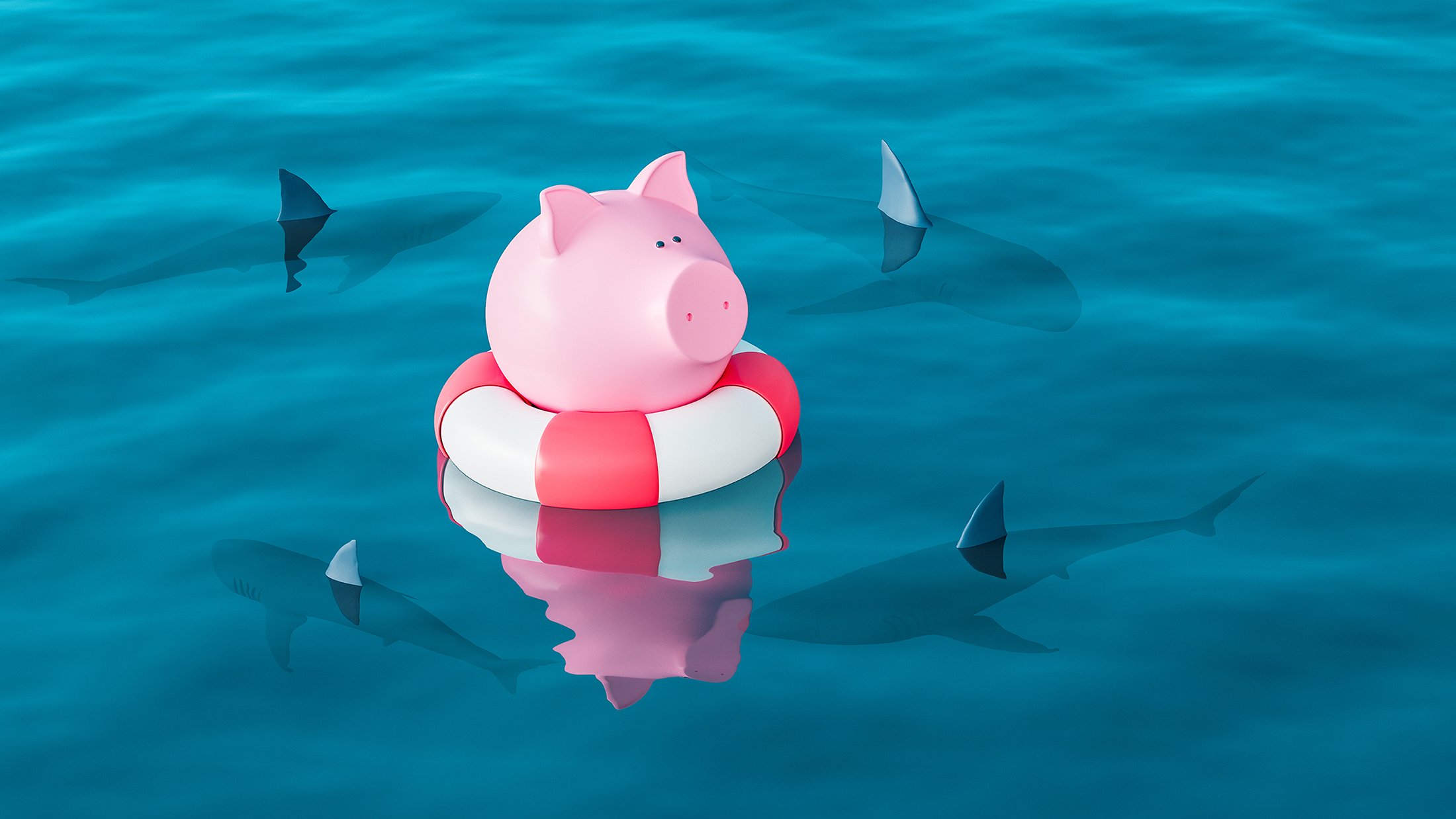

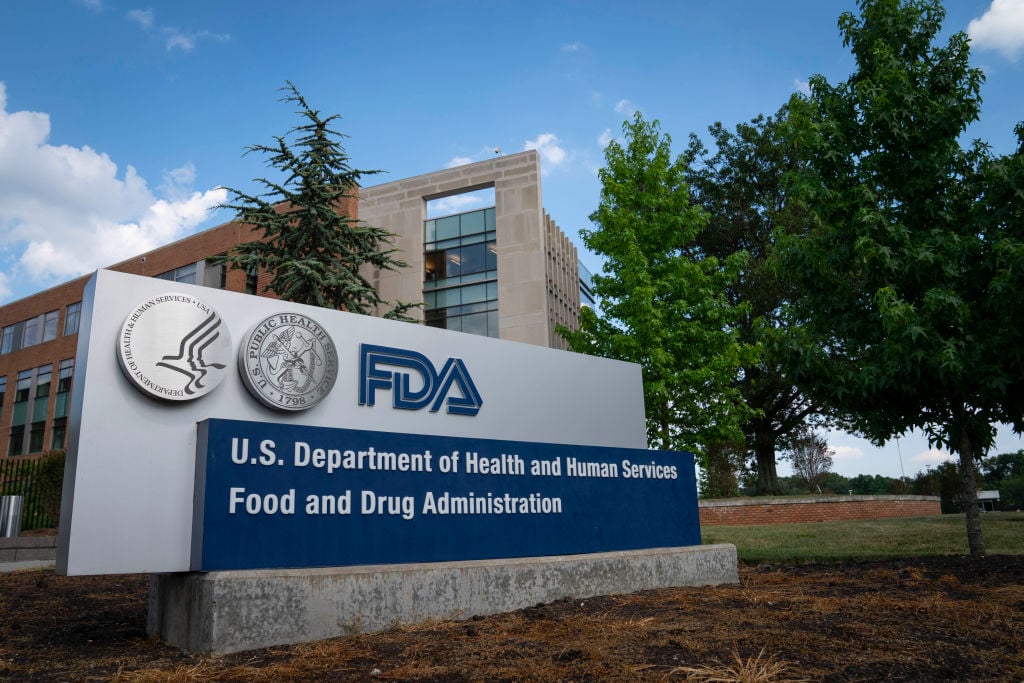






































![[Updated] U.S. Air Force Mobilizes F-22s and F-35s as Situation in Middle East Escalates](https://theaviationist.com/wp-content/uploads/2025/06/F-22_F-35_CENTCOM-top.jpg)

![[Updated] Sudden Deployment of Dozens of U.S. Air Force Tankers Raises Questions](https://theaviationist.com/wp-content/uploads/2025/03/Stratotanker100Years_2-e1750080240327.jpg)





